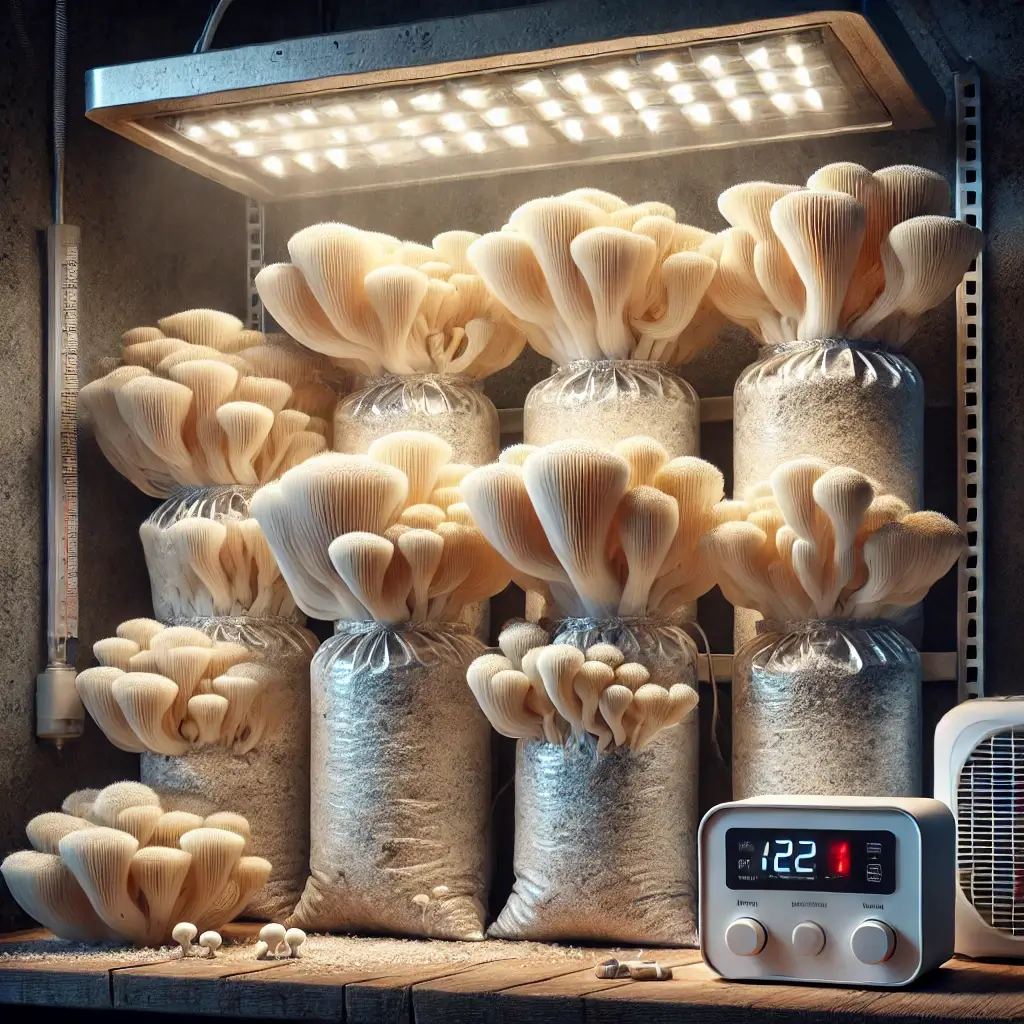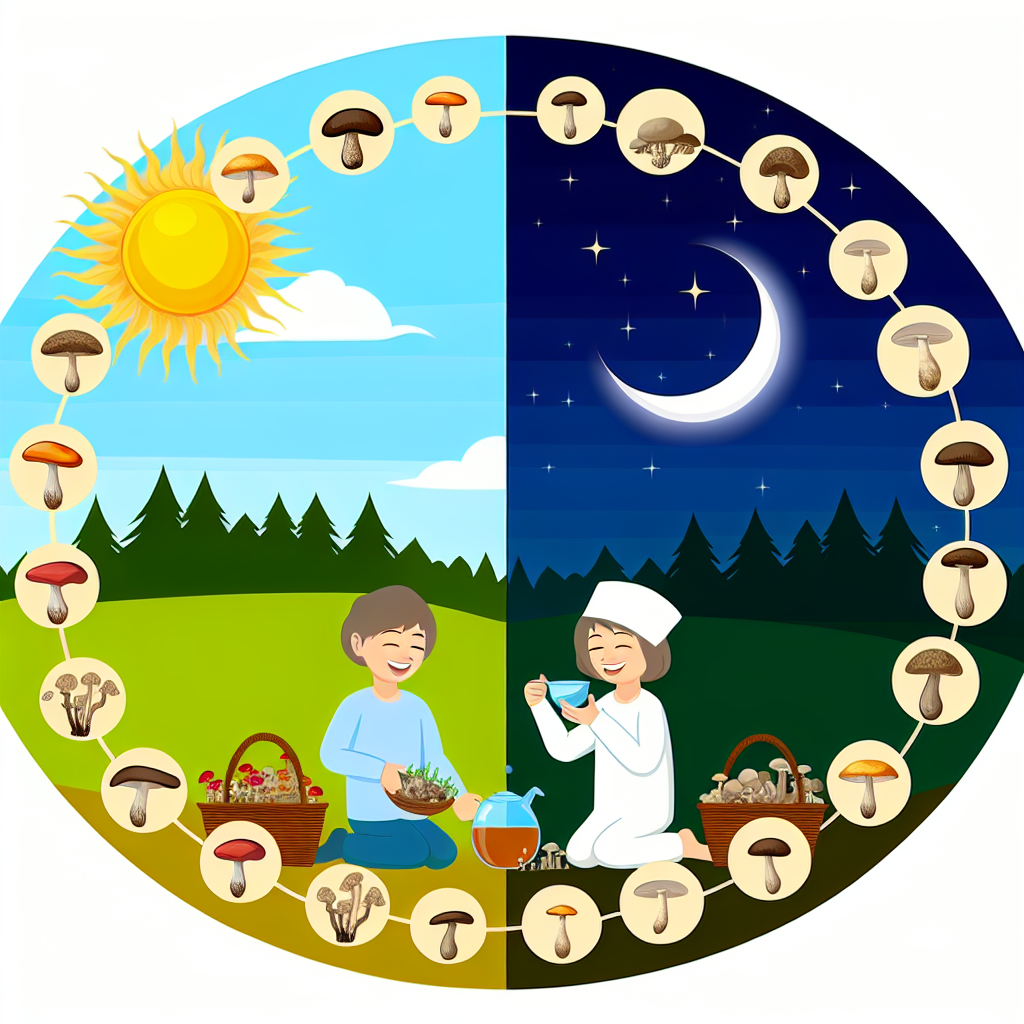Medicinal Mushroom Integration with Conventional Cancer Treatments
Cancer is a complex and multifaceted disease that touches nearly every family worldwide. While conventional methods such as chemotherapy, radiation, and surgical interventions remain the backbone of cancer therapy, there is growing interest in complementary and integrative approaches that may enhance patient outcomes.
One such promising area is the use of medicinal mushrooms, which have been used in Eastern medicine for centuries to promote immune balance, energy, and longevity. Modern science is now validating many of these traditional uses, showing that certain mushrooms contain bioactive compounds that may offer direct anti-cancer properties or support conventional treatments by reducing side effects, improving immune function, and enhancing overall quality of life.
Groundbreaking Evidence: How Medicinal Mushrooms Supplement Standard Cancer Care
A number of clinical and preclinical studies shed light on the integration of medicinal mushrooms in conventional oncology. One of the most extensively studied mushrooms is Turkey Tail (Trametes versicolor), which contains polysaccharopeptides like PSP and PSK that have demonstrated immune-modulating and anticancer properties.
In Japan, PSK (Polysaccharide-K) has been an approved adjunct cancer therapy since the 1980s, often prescribed alongside chemotherapy for stomach, colorectal, and lung cancers. A meta-analysis published in the International Journal of Molecular Sciences in 2017 found that PSK improved survival in patients with gastrointestinal cancers when used postoperatively and during chemotherapy.
Reishi’s Role: Enhancing Immune Support and Quality of Life
Reishi mushroom (Ganoderma lucidum) is another powerhouse in integrative oncology. A 2016 Cochrane systematic review examined five clinical trials involving over 400 cancer patients and found that Reishi may enhance tumor response rates and improve immune markers like lymphocyte activity. Additionally, Reishi was shown to help alleviate chemotherapy-related fatigue and improve the quality of life, though researchers emphasized the need for more extensive trials.
Maitake’s D-Fraction: A Natural Boost for Cancer Cell Defense
Maitake (Grifola frondosa) contains a compound known as D-fraction, which has demonstrated the ability to induce apoptosis (cell death) in cancer cells and enhance the activity of NK (natural killer) cells. A pilot clinical study conducted by Memorial Sloan Kettering Cancer Center involved 34 breast cancer patients and noted increased immune activity without adverse interactions with conventional treatment. You can learn more about Maitake’s benefits on the Memorial Sloan Kettering Cancer Center website.
Shiitake’s Secret Weapon: Lentinan as a Powerful Adjunct Therapy
Shiitake mushrooms provide a unique lentinan compound that has been utilized in Japan as an adjunct for gastric cancer. A double-blind clinical trial published in 2019 revealed that lentinan, when used alongside chemotherapy, significantly enhanced patient immunity and improved life expectancy compared to chemotherapy alone. You can read more about this study in the published research.
Across these studies, a common theme emerges: medicinal mushrooms not only bolster immune function but can act synergistically with chemotherapy, improving clinical outcomes without disrupting traditional care protocols. They support the body’s resilience, reduce treatment-related side effects, and may even enhance the body’s own anti-tumor defenses. This positions medicinal mushrooms as valuable allies in the broader strategy of integrative oncology.
Formulating Synergy: Combining Mushroom Species for Broader Benefits
Beyond individual mushroom extracts, combination formulas are also being explored. Products that include multiple mushroom species are believed to offer broader spectrum immune modulation. However, clinicians stress the importance of sourcing quality formulations with standardized extracts to ensure safety and efficacy. Patients should consult with their oncologist or an integrative medicine specialist before starting any mushroom protocol.
Conclusion: A Fungal Frontier in Integrative Oncology
The integration of medicinal mushrooms into cancer care represents a promising frontier in holistic, patient-centered treatment. Emerging scientific evidence supports their ability to enhance immune function, reduce side effects of chemotherapy or radiation, and possibly improve treatment efficacy.
As always, it is essential for such integrative therapies to be used under the supervision of healthcare providers, ensuring both safety and cohesion with conventional cancer protocols. As research continues to evolve, medicinal mushrooms could soon become an indispensable component in the future of oncology.
Summary:
Medicinal mushrooms like Turkey Tail, Reishi, Maitake, and Shiitake show promise as complementary therapies for cancer treatment. Research indicates they can enhance immune function, reduce side effects of conventional treatments, and potentially improve outcomes when used alongside chemotherapy or radiation. Integrating medicinal mushrooms under medical supervision represents an exciting frontier in holistic, patient-centered cancer care.

Dominic E. is a passionate filmmaker navigating the exciting intersection of art and science. By day, he delves into the complexities of the human body as a full-time medical writer, meticulously translating intricate medical concepts into accessible and engaging narratives. By night, he explores the boundless realm of cinematic storytelling, crafting narratives that evoke emotion and challenge perspectives. Film Student and Full-time Medical Writer for ContentVendor.com




